
War in Ukraine: EU and IOM support mobile DNA labs to speed up identification of civilian victims
The European Union and the International Organization for Migration (IOM) Mission to Ukraine have provided mobile DNA testing equipment to help the National Police of Ukraine identify civilians killed in full-scale war more quickly.
The new equipment allows forensic scientists to identify bodies in just 94 minutes, compared to the usual testing procedure that takes days to months. The equipment can also be used to investigate crimes of conflict-related sexual violence, as well as to prevent human trafficking.
Mobile DNA units are widely used in the areas which have been returned under the control of the Ukrainian Government. “The National Police is investigating cases of mass murders and torture of Ukrainian citizens, as well as rocket and artillery attacks that have killed large numbers of people. Since the start of full-scale military aggression, our investigators have opened more than 66,000 criminal cases on crimes committed by the Russian Federation military in Ukraine,” said Ivan Vyhivskyi, the Acting Head of the National Police of Ukraine. As of March 2023, 3,000 people killed have been identified with support of DNA labs used by the police.
“Handing over forensic kits inspires no joy. But it inspires confidence that Russian atrocities in Ukraine will be brought to justice, thanks to the hard work of Ukrainian law enforcement and support by the EU and the international community,” said Ambassador Matti Maasikas, Head of EU Delegation to Ukraine.
The assistance, delivered within the project “EU Support to Strengthening Integrated Border Management in Ukraine”, funded by the European Union, is worth a total of €120,000.
Find out more
MOST READ
SEE ALSO
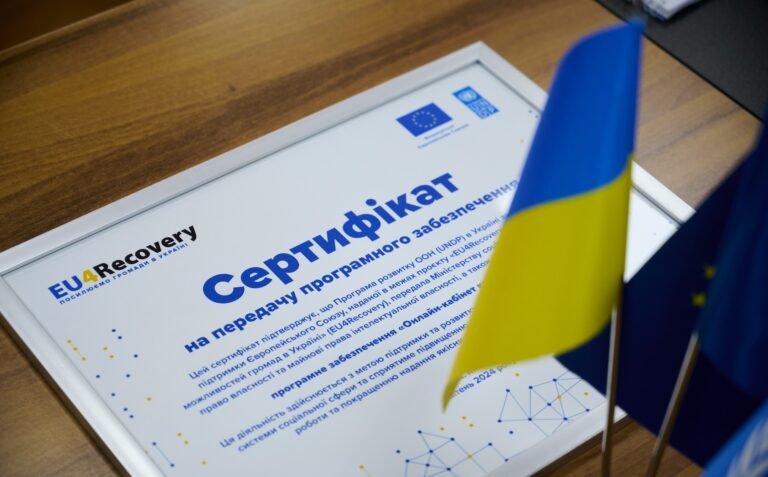
EU and UNDP transfer unified electronic case management system software to Ukraine
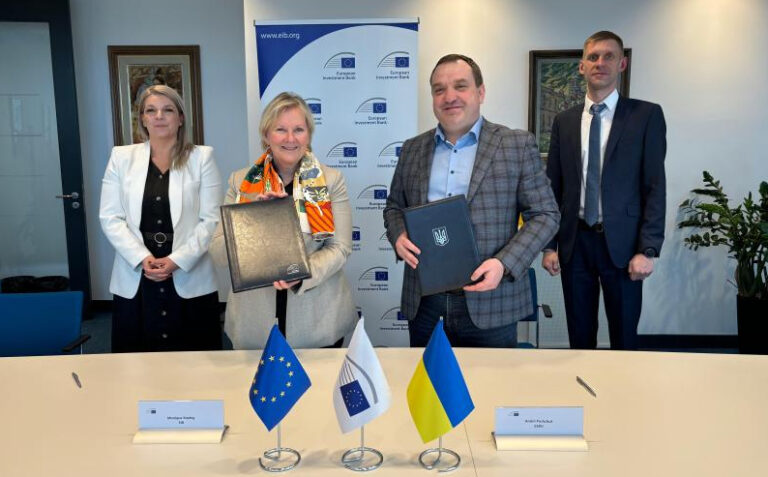
EIB and Ukraine reinforce safeguards for EU bank’s investments in the country
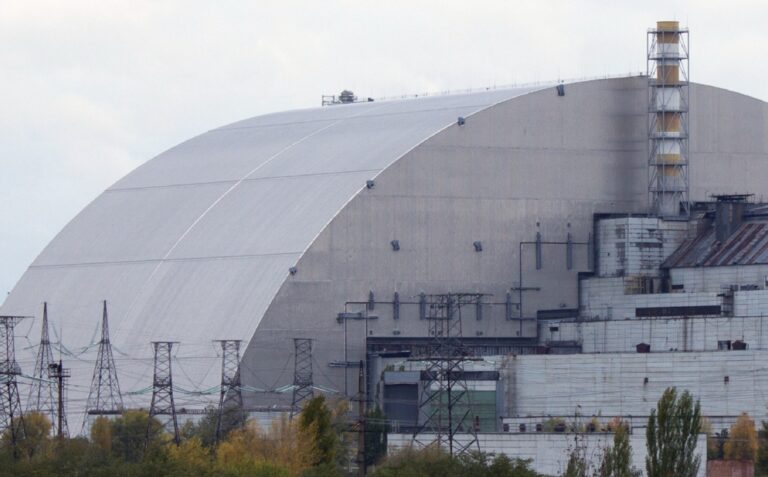
Chornobyl Nuclear Disaster Anniversary: ‘Let us never forget the past to safeguard our future,’ says EU
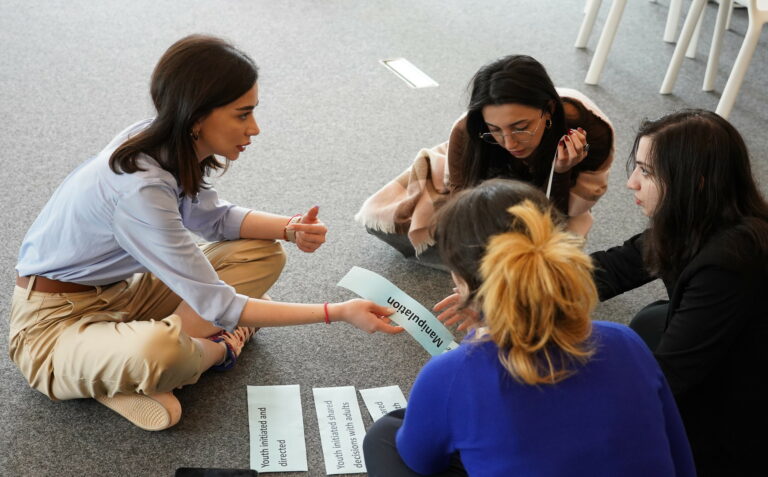
EU4Youth Alumni Network hosts IdeaLab in Tbilisi
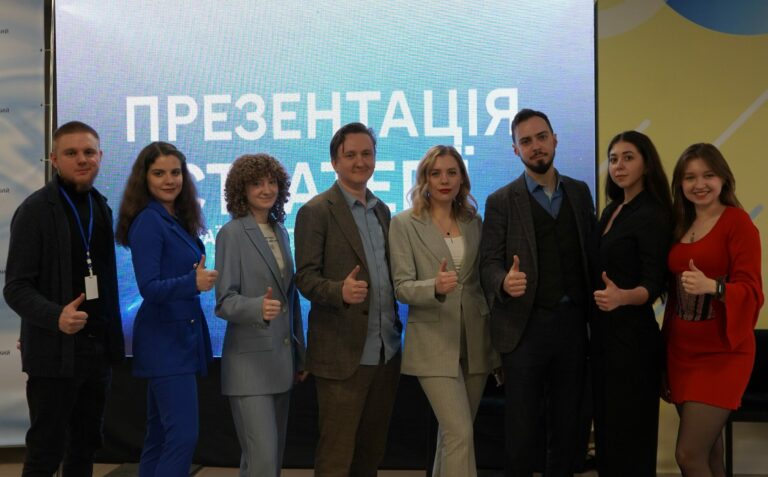
EU4Youth IV: Strategy of the All-Ukrainian Youth Center presented in Kyiv
More campaign pages:
Interested in the latest news and opportunities?
This website is managed by the EU-funded Regional Communication Programme for the Eastern Neighbourhood ('EU NEIGHBOURS east’), which complements and supports the communication of the Delegations of the European Union in the Eastern partner countries, and works under the guidance of the European Commission’s Directorate-General for Neighbourhood Policy and Enlargement Negotiations, and the European External Action Service. EU NEIGHBOURS east is implemented by a GOPA PACE-led consortium. It is part of the larger Neighbourhood Communication Programme (2020-2024) for the EU's Eastern and Southern Neighbourhood, which also includes 'EU NEIGHBOURS south’ project that runs the EU Neighbours portal.

The information on this site is subject to a Disclaimer and Protection of personal data. © European Union,







